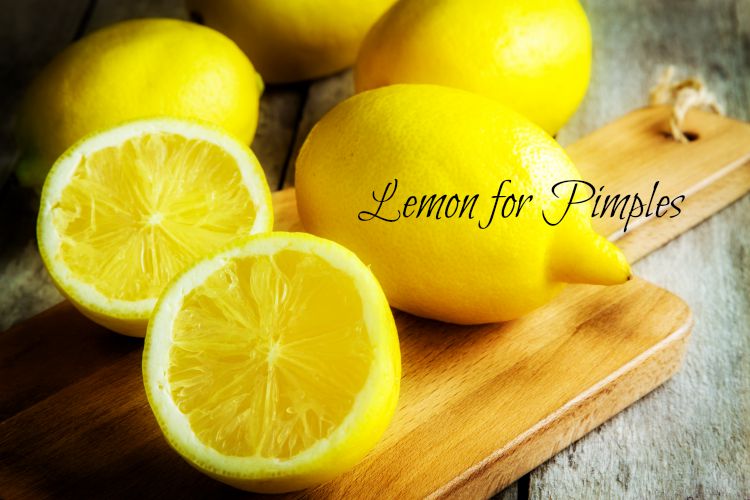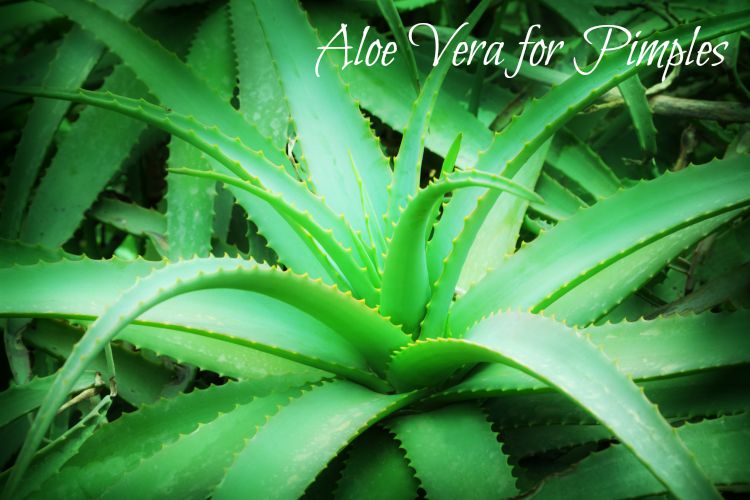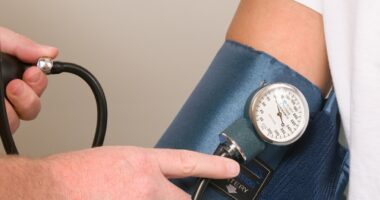Pimples are inflammations of the skin; usually red, hard spots filled with sebum. These skin inflammations occur primarily due to the blockage of the pores found on the outer layer of the skin. This outer layer of the skin, or what is also known as the epidermis, is prone to incessant peeling and flaking. If not properly washed from the skin, a deposit of the flakes blocks the pores of the skin, resulting in a deposit of the sebum behind the blocked pores. This sebum is conducive to the growth of a bacterium known as Propionibacterium acnes, among various other species. It can lead to irritation and infection if left untreated.
There are many reasons behind the growth of pimples, acne, and other skin blemishes. There are various kinds of pimples. Pimples found on adolescent kids are mostly a result of hormonal changes. The case of the adult acne is primarily due to excessive stress. Among many women, the growth of pimples has been recognized as a side effect of switching birth control pills and consuming medication with added lithium and cortecosteroids. In older women, menopause is also seen as a primary reason behind the growth of pimples. An unhealthy diet or a diet rich in fat and oil can lead to acne outgrowths. If not properly treated, pimples can become swollen and painful.
The Beneficial Properties of Lemon for the Skin
The problem of pimples and acne can be solved right in your own kitchen. Instead of resorting to artificially cultured drugs for pimple and acne treatment, one can easily use lemon. Not only will lemon be a cheaper alternative to cosmetic drugs, it will be without the threat of any side effects. One does not need to bother about skin types before applying lemon. Some of the most beneficial properties of lemon for the skin include:
- The juice of lemon can be used to treat any type of skin. Rich in citric acid, lemon helps to exfoliate the skin and unclog the pores. Dabbing lemon juice on the skin helps not only in clearing the excess sebum from the pores, but also reduces the redness of the skin, caused by the acne.
- Lemon helps to whiten the skin and get rid of blemishes after the pimple has been popped. It is highly rich in vitamin C, which in turn helps in giving the skin the requisite anti-oxidant protection.
- Lemon also acts as an astringent, contracting any part of the blemish that may have left a mark even after the pimple has been treated. It can be used alone or in combination with other substances to treat the skin. The irritation caused by the inflammation of the skin will also be taken care of by the lemon.
- One could also consider drinking lemon juice. It is a natural moisturizer.
How to Treat Pimples with Lemons
There are various ways of treating pimples, acne, and other skin blemishes with lemon. One can treat skin problems with lemon both internally and by topical application of the lemon juice. Lemon can be used with other natural substances as well.
Recommend reading – Toothpaste For Pimples, Tea Tree Oil For Pimples
Method – 1: Internal Treatment
- When consumed with warm water, lemon juice helps in cleaning the biological system. It is highly advisable to drink a glass of warm water and lemon juice. It aids in brightening the skin from inside and flushing out any toxin that may prove deleterious or conducive to the growth of pimples.
- Lemon juice can also be consumed with honey. However, one must not indulge in overdrinking of lemon juice. The juice has a harsh acid that can have damaging effects on the enamel of the teeth if consumed regularly.
Method 2: External Treatment
There are many ways of treating acne with lemon externally. The juice can be applied only on the affected area or used as a face pack.
- To use lemon juice directly on the skin, you will need:
- Lemons, cut into two
- Cotton dabs
- Water to clean up.
Take the cotton dab in your hand and squeeze the lemon juice directly on it. Apply this juice to the affected areas first and then massage onto your face in a circular motion. Applying the juice directly on the skin may lead to a mild sting. Once the application is over, leave the spread for an hour and wash it thoroughly with water. Some people prefer to put on this mask before going to sleep and wash it off in the morning, but it is inadvisable because of the stains it leaves on the pillows.
- To dilute the lemon juice, you will need:
- Lemons, cut into two.
- Honey, yogurt or egg whites
To dilute the lemon juice, take half a melon and extract the juice. Add one spoonful of the egg whites or the honey or the yogurt and stir till it becomes a paste. This is a face pack and can be applied to the skin. Leave the pack on for approximately 20 minutes before washing it thoroughly with water. It works best for people with sensitive skin. It minimizes the sting from the direct application of the lemon juice.
Precautions to be Taken when Treating Pimples with Lemon
- The concentrated juice of the lemon is citric or acidic in nature. While a topical application removes blemishes, the citric acid is also known to harden the skin.
- While consuming lemon juice, one must remember that the citric acid in the lemon can leave a lasting damage on the teeth enamel.
- People with sensitive skin should consider before applying the lemon juice directly on their faces.
We hope these remedial applications of lemon juice help you in your fight against pimples and other skin blemishes. Share with us your experiences of pimple or acne outbreaks and what you did to cope with them. Let us know if you found our remedies helpful. If you know of other effective remedies, feel free to share them with us. No matter what treatment you follow, remember to drink plenty of water, eat properly, and stay beautiful.










